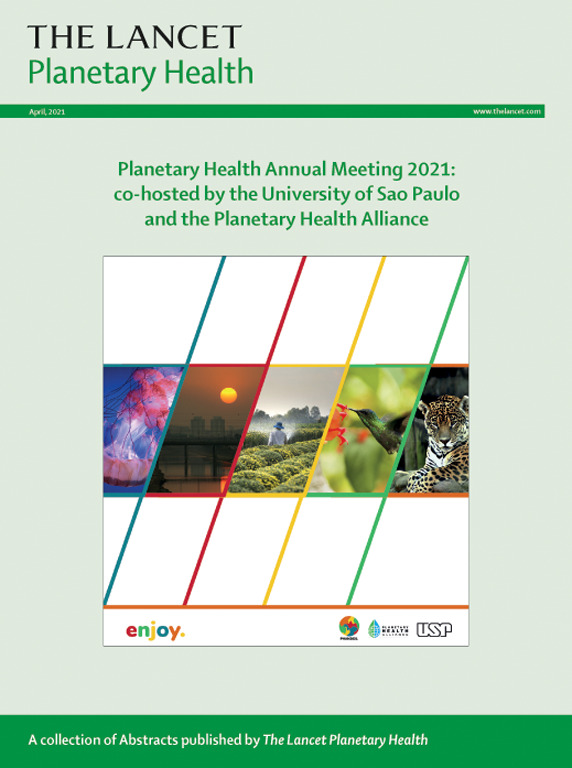DDT: last mile in the global phase-out of its use for disease vector control?
IF 21.6
1区 医学
Q1 ENVIRONMENTAL SCIENCES
引用次数: 0
Abstract
Dichlorodiphenyltrichloroethane (DDT), one of the persistent organic pollutants to be phased out globally under the Stockholm Convention, still continues to be used in some countries as an insecticide for malaria vector control. The global production and use of DDT has reduced substantially over the last 8 years, and the number of alternative insecticides for vector control has increased steadily, suggesting that a global phase-out of DDT is within reach. Only three countries, India, South Africa, and Zimbabwe, were still using DDT in 2023, and a few other countries are keeping the option open of using DDT for emergency response. The main challenges in the global elimination of DDT are that most of the alternative insecticides are less affordable compared with DDT and that the global progress in malaria control and elimination has stagnated. Consultation meetings with countries that intend to use DDT have enabled a sharing of experiences and challenges in phasing out DDT. This Personal View provides recommendations to attain a global phase-out of DDT and to address the problem of disposal of obsolete stocks.
滴滴涕:全球逐步淘汰其病媒控制用途的最后一英里?
二氯二苯三氯乙烷(滴滴涕)是根据《斯德哥尔摩公约》将在全球逐步淘汰的持久性有机污染物之一,在一些国家仍继续作为疟疾病媒控制的杀虫剂使用。在过去8年中,滴滴涕的全球生产和使用大幅减少,用于病媒控制的替代杀虫剂的数量稳步增加,这表明全球逐步淘汰滴滴涕是可以实现的。只有印度、南非和津巴布韦这三个国家在2023年仍在使用滴滴涕,其他一些国家也保留了将滴滴涕用于应急的选择。全球消除滴滴涕的主要挑战是,与滴滴涕相比,大多数替代杀虫剂的价格较低,而且全球控制和消除疟疾方面的进展停滞不前。与打算使用滴滴涕的国家举行的磋商会议使双方能够分享在逐步淘汰滴滴涕方面的经验和挑战。本个人意见为实现全球逐步淘汰滴滴涕和解决处置过时库存的问题提出了建议。
本文章由计算机程序翻译,如有差异,请以英文原文为准。
求助全文
约1分钟内获得全文
求助全文
来源期刊

Lancet Planetary Health
Multiple-
CiteScore
28.40
自引率
2.30%
发文量
272
审稿时长
8 weeks
期刊介绍:
The Lancet Planetary Health is a gold Open Access journal dedicated to investigating and addressing the multifaceted determinants of healthy human civilizations and their impact on natural systems. Positioned as a key player in sustainable development, the journal covers a broad, interdisciplinary scope, encompassing areas such as poverty, nutrition, gender equity, water and sanitation, energy, economic growth, industrialization, inequality, urbanization, human consumption and production, climate change, ocean health, land use, peace, and justice.
With a commitment to publishing high-quality research, comment, and correspondence, it aims to be the leading journal for sustainable development in the face of unprecedented dangers and threats.
 求助内容:
求助内容: 应助结果提醒方式:
应助结果提醒方式:


